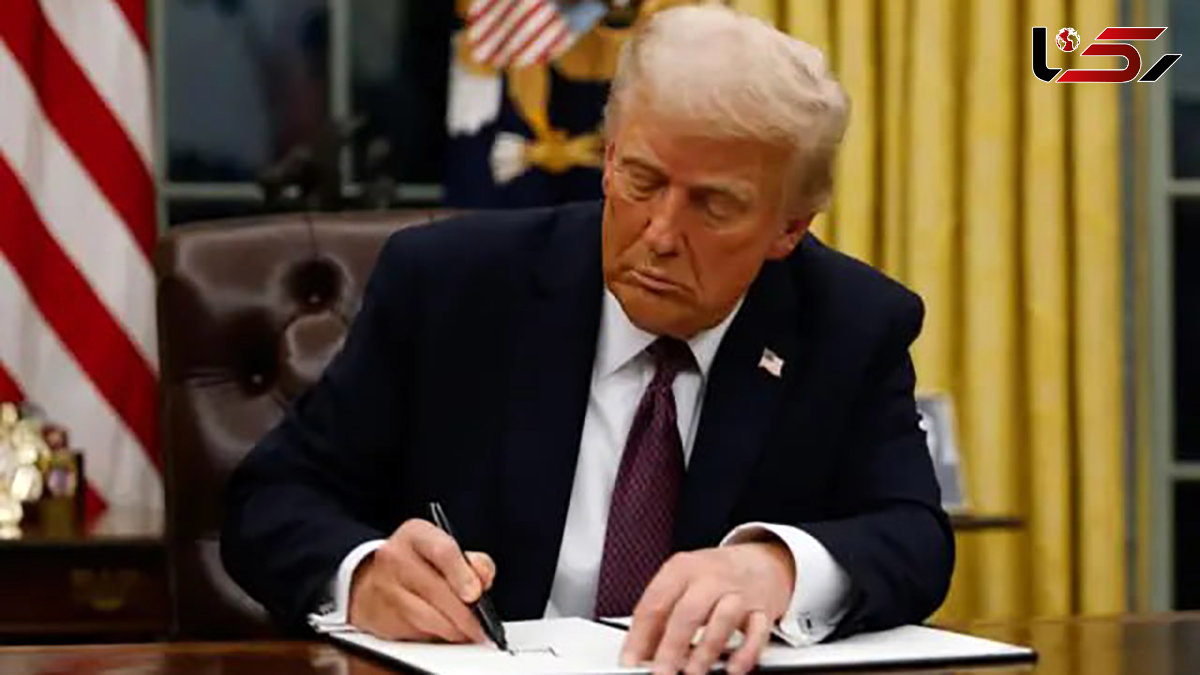Trump Orders:
One Year in Prison for Burning the U.S. Flag
Rokna Political Desk: The President of the United States, by issuing an executive order, directed that protesters who burn the American flag during demonstrations be prosecuted and imprisoned.

Donald Trump, the U.S. President, yesterday (Monday), by signing an executive order at the White House, instructed the Attorney General to intensify legal action against individuals who burn or desecrate the U.S. flag.
While signing this order in his office, Trump said:
“If anyone burns the flag, one year in prison awaits them — without early release and without any other privileges.”
Reuters reported that this executive order obliges the Attorney General to seriously prosecute violators of laws related to desecration of the flag and to take legal measures to define the boundaries of the First Amendment of the U.S. Constitution in this regard.
The Attorney General has also been instructed to refer cases related to flag desecration to state or local authorities and to halt the issuance of visas, residence permits, or citizenship for individuals involved in such actions.
The text of the order states:
“The American flag is a special symbol in our national life that must unite all Americans from every background and class. Desecrating it is deeply offensive and provocative, and constitutes an expression of contempt, hostility, and violence against our country.”
The Trump administration in its order claimed that, according to the First Amendment, freedom of speech does not include all behaviors. If an act such as flag desecration immediately incites violence or unlawful action, or — like ‘fighting words’ — provokes conflict, then it is no longer protected under freedom of expression.
This comes while the U.S. Supreme Court in 1989 ruled that burning or damaging the national flag is protected as a form of free speech under the Constitution.
Flag burning in the United States has a long history and has always been a controversial issue between freedom of expression and restrictive laws. During the protests of the 1960s and 1970s against the Vietnam War, this act occurred repeatedly, leading to the passage of congressional laws to protect the flag. However, the Supreme Court found those laws unconstitutional. In 1984, a political activist named Gregory Johnson burned the U.S. flag during a demonstration outside the Republican National Convention; this case led the Supreme Court in 1989 to rule that flag burning is a form of free expression.
In recent years, this act has reappeared during social protests, including in the widespread demonstrations of 2020 following the death of George Floyd, an African-American man, and also during the unrest after that year’s presidential election, when images of flag burning in cities such as Portland and Washington were widely circulated.
Send Comments